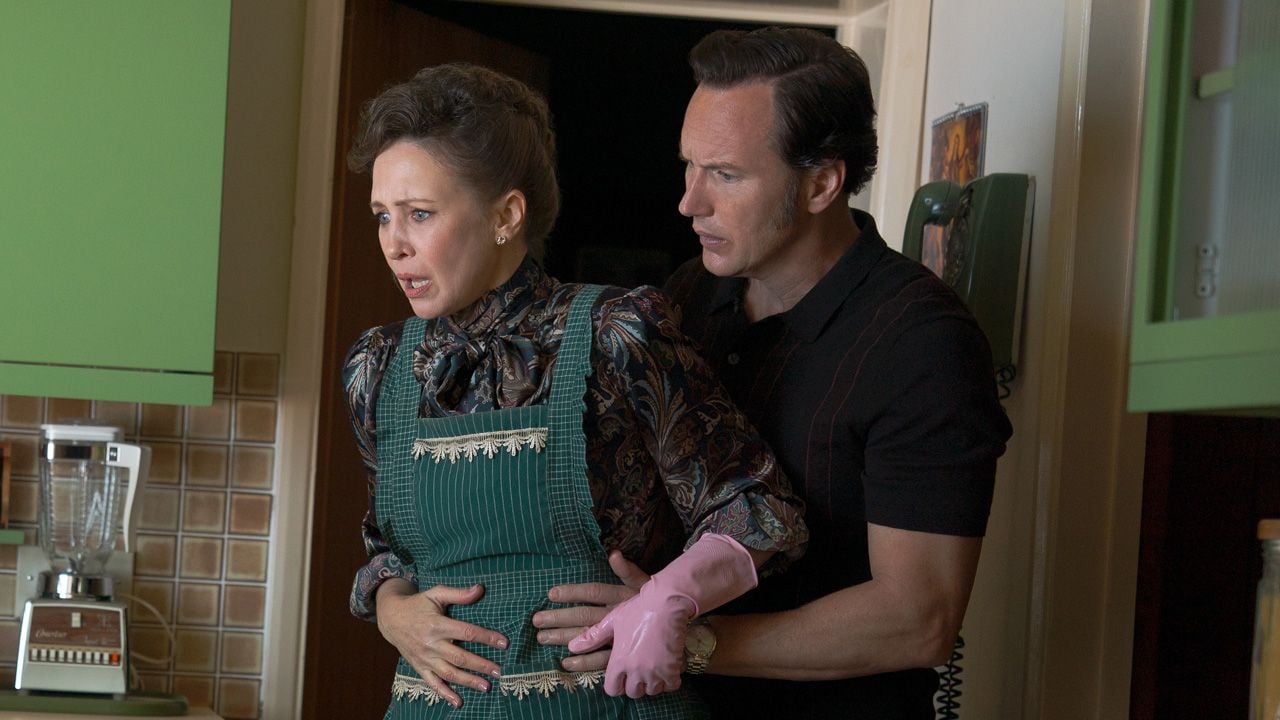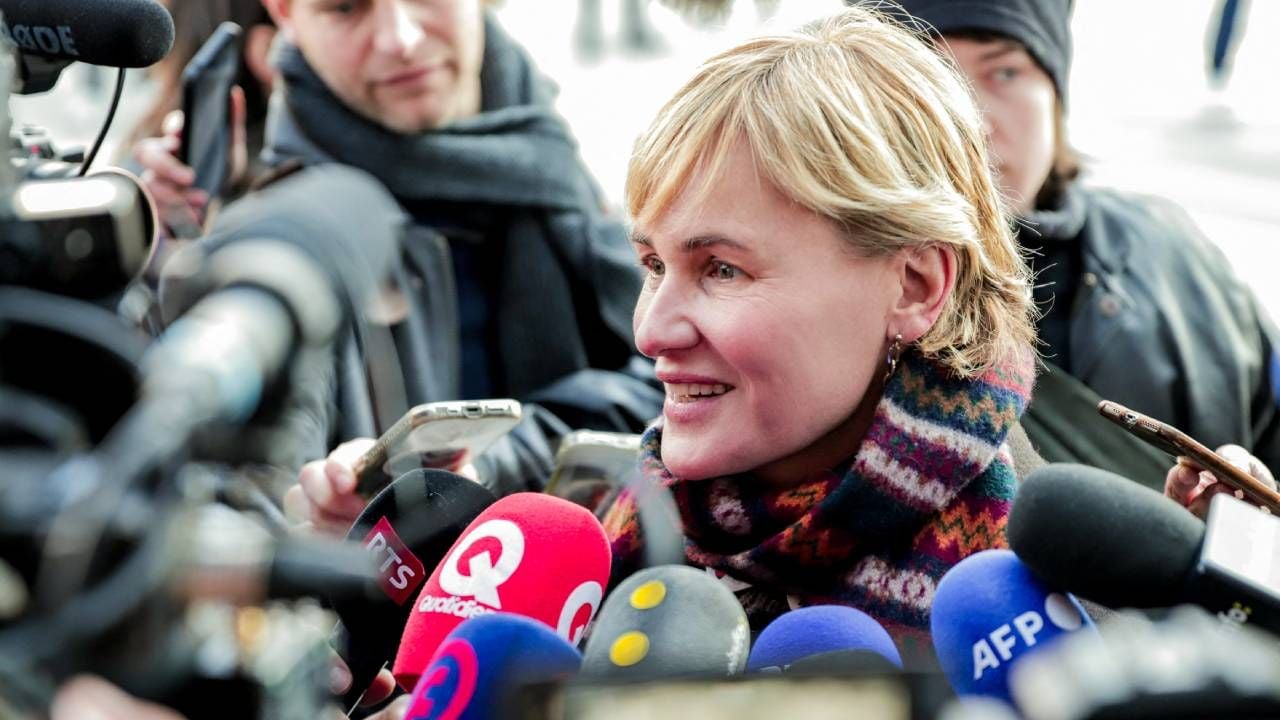The director of ‘The Event’ has brought to the cinema the unease present in the book of the same name by Annie Ernaux
Winner of the Golden Lion of Venice 2021, The eventdirected by the French of Lebanese origin Audrey Diwan, is in programming at the cinema. Based on the memoir literature of writer Annie Ernaux, the film recreates France in the early 1960s, when abortion was illegal and could lead women to prison.
Thriller writer and screenwriter, Audrey had directed only one film, Corn Vous êtes Fous (2019), when she embarked on Annie’s memories. In her adaptation, set in 1963, literature student Anne (Anamaria Vartolomei) tries to terminate an unwanted pregnancy, but she faces the risks of illegality, endangering her own health. In the following interview, given to Estadiothrough Zoom, the 42-year-old director provides a critical overview of European society that condemned Ernaux’s gesture without understanding his feelings.
What did the book offer as an affective cartography of 1960s France?
Annie’s literary narrative is not expressed through intellectual columns with a political tone about abortion. She does without this by opening up and sharing with us her personal journey, with the courage to talk about desire, the flirtation that leads to sex and her loneliness inherent in the powerlessness of a state that she judges but does not help. Sixty years ago, the absence of a humanistic perspective in the legislation on abortion, that is, on the female body, drove many young women to despair. The universality of the film I built by reading the pages of O Acontecimento does not lie in the abortion itself, but in the entire trajectory of those who share their feelings with us. The sequence of Anamaria Vartolomei’s howl of pain is not a synthesis. It is more of an experience. A cruel experience.
How does the film, which dates back to the Nouvelle Vague, dialogue with the cinematographic tradition of your country?
For those living in France, the Nouvelle Vague is not a national phenomenon, but an intellectual event in Paris that has reverberated around the world, but has not had an impact on our entire country at the proletarian level. What interested me most here was portraying the initial moment of the discursive empowerment of a youth in which women had an active voice.
Sandrine and Anamaria live mother and daughter in a relationship of smiles, of few gestures, in which they have fun together. How is the maternity design you built?
It is a drawing full of social conflicts, since between the two there is an abyss in terms of intellectual formation, since the character of Anamaria had the opportunity to study, and in a metropolis, to attend university. Not your mother. There is, therefore, in the figure of the protagonist, a social guilt that arises from the feeling of not betraying her mother, breaking with her expectations of her. The mother expected her daughter to win socially. Illegal pregnancy and abortion could, in her opinion, damage her academic career.
His relationship with cinema begins with a journey through the word, as a screenwriter. How did this experience build your training as a director?
I didn’t expect to start a career as a director. The idea was to keep writing. I went to direct out of necessity, in order to make projects feasible. I feel I have drawn from my experience as a screenwriter an appreciation for silence, more than for words. Without noise, the characters undertake an internal monologue in which they understand each other more and where we can understand them better.
Source: Terra
Emily Jhon is a product and service reviewer at Gossipify, known for her honest evaluations and thorough analysis. With a background in marketing and consumer research, she offers valuable insights to readers. She has been writing for Gossipify for several years and has a degree in Marketing and Consumer Research from the University of Oxford.







